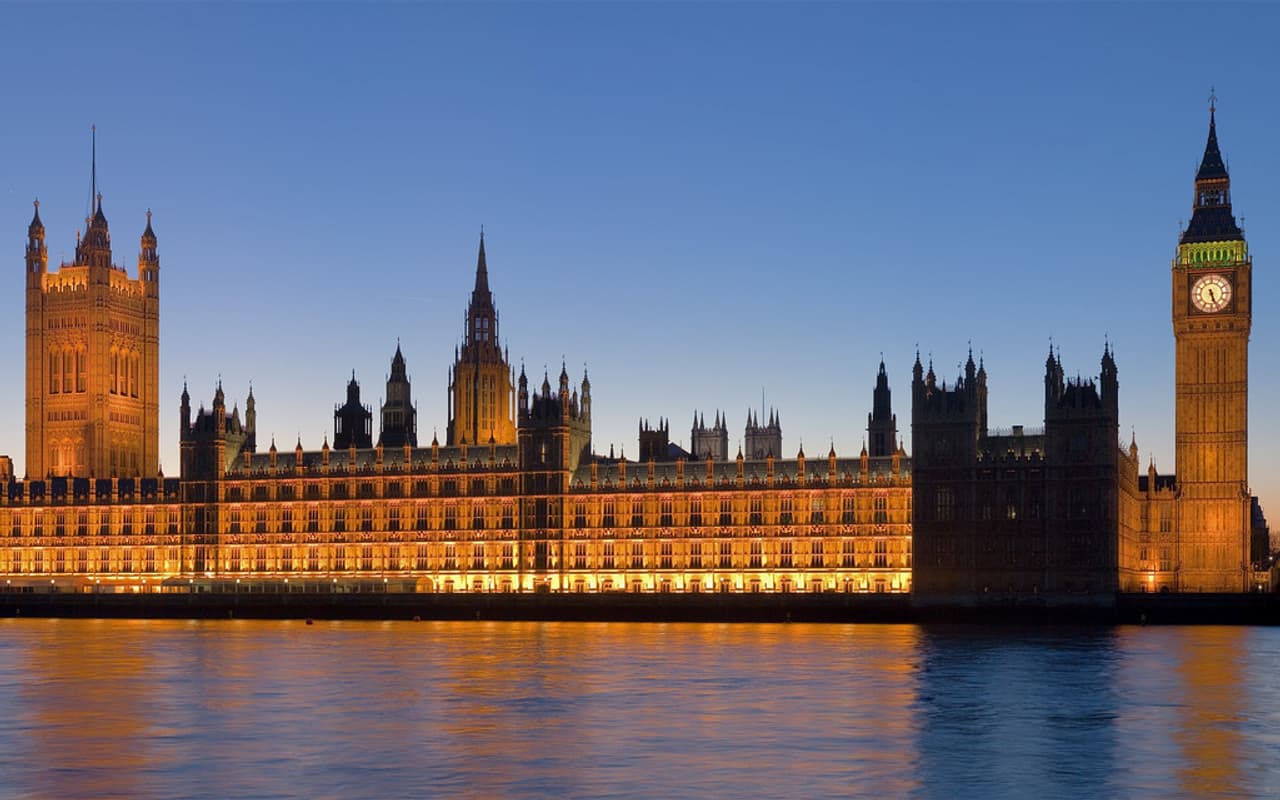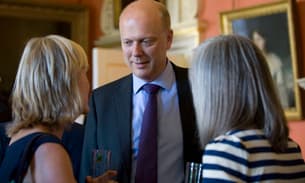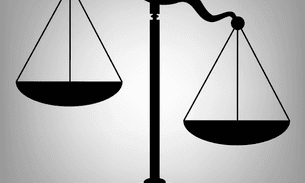
Select committee inquiry into Joint Enterprise in wake of Bureau investigation
New parliamentary inquiry into Joint Enterprise (Image: Shutterstock)
The Justice Select Committee has announced it will hold a new inquiry into the use of the doctrine of joint enterprise in criminal prosecutions. The announcement comes just weeks after the Bureau produced a ground-breaking report on the extent that this little-known law is used and the issues around its use.
The new inquiry will follow up on a previous exploration of the issue by the Justice Select Committee in 2011. Recommendations coming out of that inquiry included a call for data on the use of joint enterprise.
The Bureau took up the challenge and produced the first comprehensive picture of how often joint enterprise has been used in homicide prosecutions over the past eight years.
We found:
- Between 2005 and 2013, 1,853 people were prosecuted by the CPS for homicides that involved four or more defendants. This is the closest approximation that can be made to the use of joint enterprise. Most academics agree these prosecutions almost certainly relied on the joint enterprise doctrine.
- In the same eight years 4,590 people were prosecuted for homicides involving two or more defendants – a definition the CPS suggests is a clear indication of the use of joint enterprise.
- The rate of use has remained relatively constant, though there was a small rise in the rate of homicide prosecutions involving four or more defendants in 2008 (20.4%). The lowest rate was 14% of all prosecutions of homicide, in 2010.
Our findings were presented at an event in the House of Commons chaired by Jeremy Corbyn MP, the government’s special rapporteur on joint enterprise. Speaking at the event Corbyn said that another inquiry was needed.
The Bureau’s report was welcomed by legal experts and academics. Professor Graham Virgo of Oxford University said the Bureau’s work was: ‘A very significant contribution to our understanding of the law of joint enterprise and the need for reform. The report provides statistics which have not previously been available.’
While Matthew Dyson, professor of law at Cambridge University tweeted: ‘First serious attempt to count Joint Enterprise cases out today’.
Related story: Data: joint enterprise in numbers
The new inquiry will follow up on several points raised in the Justice Select Committee’s 2011 inquiry. Then, the committee called for the CPS to produce guidelines on the use of joint enterprise, which then-Director of Public Prosecutions Keir Starmer did in 2012. The committee is now calling for evidence to check if those guidelines have made a difference.
The Bureau’s investigation found that, despite the guidelines, the usage of joint enterprise in homicide prosecutions actually rose slightly between their introduction in 2012 and 2013, (from 17% to 17.4% of all homicide trials)
A survey of legal experts also provided useful information on attitudes towards joint enterprise and the DPP’s guidelines.
Twenty-seven of the 43 people (63%) that gave an opinion on the guidelines said they believed that the guidelines ‘did not have much impact, if any, on the use of joint enterprise’. Twenty-one percent of people said they did not know and nine percent said they were not aware of the guidelines.
Related story: Survey of legal professionals reveals serious concerns about joint enterprise
Our survey also asked how potential issues in the use of joint enterprise should be addressed. One respondent told us: ‘There plainly needs to be public discourse on the subject. Joint enterprise prosecutions seem especially prevalent against young people and it is time their voices were heard and the voices of concern in those communities’.

Another respondent called for compulsory training for prosecutors and judges as well as a clarification of the existing case law, currently used to inform judges’ decision making.
The Bureau’s findings were reported by BBC Radio 4 Today Programme, BBC Five Live, BBC London radio, the Guardian, the Independent, Open Democracy, Vice UK and the Justice Gap.
The full findings will be submitted as evidence before the inquiry.
Read all our work on Joint Enterprise here.




